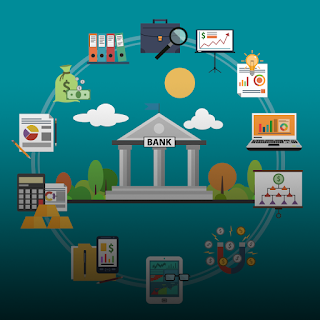

However,
companies or governments cannot produce units of crypto currency and as such,
have not so far provided backing for other firms, banks or corporate entities
which hold asset value measured in a decentralized crypto currency.

As of March 2015,
hundreds of crypto currency specifications exist; most are similar to and
derived from the first fully implemented decentralized crypto currency,
bitcoin.

Miners are known other than members of the general public using their computers to help
validate and time stamp transactions adding them to the ledger in accordance
with a particular time stamping scheme.
The security of crypto currency ledgers
is based on the assumption that the majority of miners are honestly trying to
maintain the ledger, having financial incentive to do so. Most crypto currencies
are designed to gradually decrease production of currency, placing an ultimate
cap on the total amount of currency that will ever be in circulation.

Existing crypto currencies are all pseudo-anonymous, though
additions such as Zero coin and its distributed laundry feature have been
suggested, which would allow for true anonymity.








0 Comments